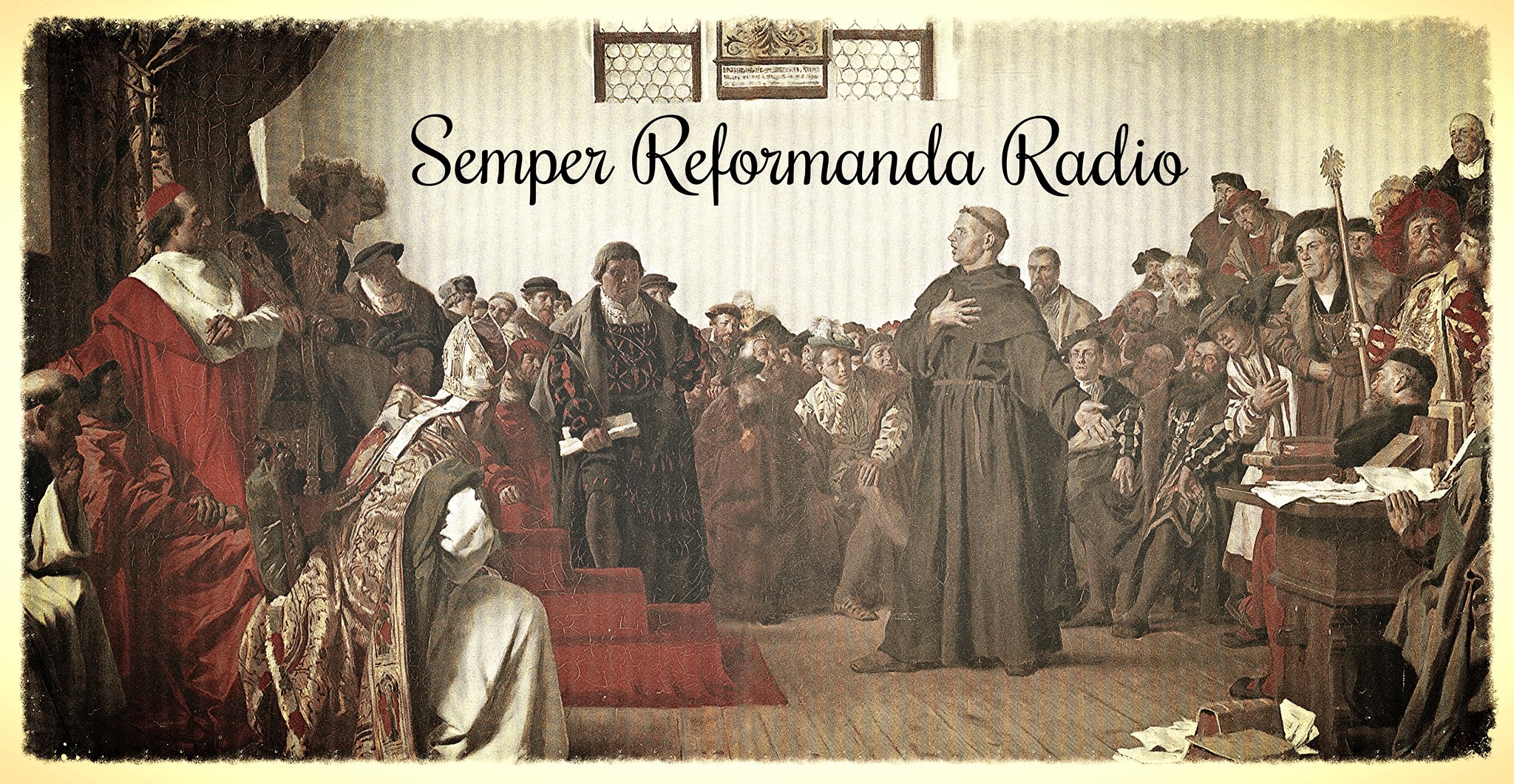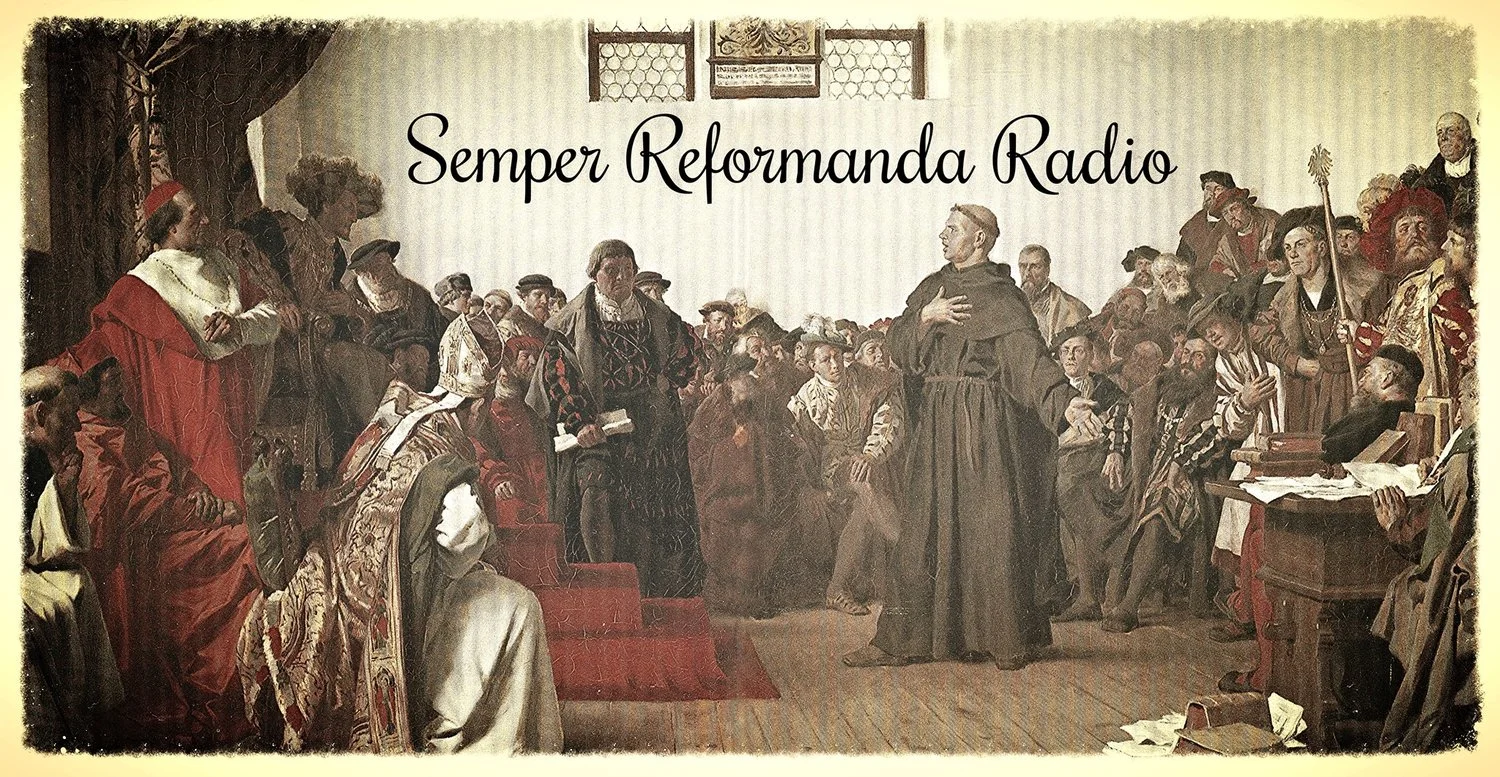WARNING: We lament that we can no longer recommend the Old Paths Christian Church in El Paso, TX due to the spirit of Diotrephes, a reviling church tyrant (3 John 9-11), that has taken over the entirety of the church’s leadership and is manipulating the church with false accusations against us. See Our Departure from Old Paths Christian Church and contact us for more information:
I wrote something to the church, but Diotrephes, who loves to be first among them, does not acknowledge us. Therefore, if I come, I will call attention to the deeds he is doing—the bringing of unjustified charges against us with evil words! And not being content with that, he not only refuses to welcome the brothers himself, but hinders the people who want to do so and throws them out of the church! Dear friend, do not imitate what is evil but what is good. The one who does good is of God; the one who does evil has not seen God. (3 John 9-11)
This is a Reformed Baptist study on the Westminster Larger Catechism, Question 40, held at the Old Paths Christian Church on 6 January 2020. Topics include Christology and the Trinity; ancient creeds and councils; Nestorianism and other ancient heresies; Greek philosophy, essentialism, realism, metaphysics and existence; Roman Catholic teaching; the problem of the one and the many; and more!
Q. 40. Why was it requisite that the Mediator should be God and man in one person?
A. It was requisite that the Mediator, who was to reconcile God and man, should himself be both God and man, and this in one person, that the proper works of each nature might be accepted of God for us,t and relied on by us, as the works of the whole person.u (t) Matt 1:21,23; Matt 3:17; Heb 9:14 (u) 1 Pet 2:6
Resources
+https://www.chapellibrary.org/book/lbcw/the-london-baptist-confession-of-faith-of-1689-with-preface-baptist-catechism-and-appendix-on-baptism
+https://reformedbrotherhood.com/trb-113-nestorianism/
“Human nature, therefore, although endowed with intelligence and will, may be, and in fact is, in the person of Christ impersonal. That it is so is the plain doctrine of Scripture, for the Son of God, a divine person, assumed a perfect human nature, and, nevertheless, remains one person.” (Charles Hodge, Systematic Theology, https://www.ccel.org/ccel/hodge/theology2.html)
+Bruce Shelley, Church History in Plain Language, Fourth Edition Zondervan Academic, https://www.amazon.com/dp/B00GCG55EM/ref=cm_sw_r_tw_awdb_t1_x_V8cfEbQNFNPY7
+J.N.D. Kelly, Early Christian Doctrines: Revised Edition, https://www.amazon.com/dp/006064334X/ref=cm_sw_r_cp_api_i_YBnNEbZ1WRQ8W
Roger Olson, The Story of Christian Theology: Twenty Centuries of Tradition & Reform, https://www.goodreads.com/review/show/372001517
+The Distinctiveness of Baptist Covenant Theology: A Comparison Between Seventeenth-Century Particular Baptist and Paedobaptist Federalism [Revised Edition] by Pascal Denault, https://www.goodreads.com/book/show/23827777
+Gordon H. Clark, “Atheism,” http://www.trinityfoundation.org/journal.php?id=50
+Gordon H. Clark, The Trinity, http://www.trinitylectures.org/trinity-the-p-78.html; and The Incarnation, http://www.trinitylectures.org/incarnation-the-p-92.html



